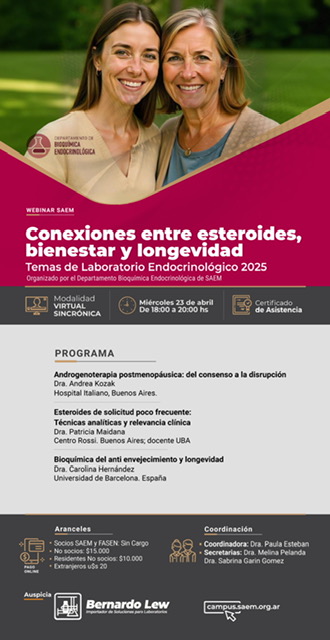In addition, recent evidence suggest tonsils may contribute to the development of T cell.
Because of recurrent tonsillitis, tonsillectomy is one of the most common surgical procedure in many western countries, we thus hypothesize that removing tonsils may lead to future dysfunction of the immune system, and subsequent increased risk of autoimmune diseases.
By searching the national Swedish Hospital Discharge Register and Hospital Outpatient Register, we identified all individuals who were operated with tonsillectomy between 1997 and 2012. In total we found close to 180000 individuals received tonsillectomy, and we further followed these individuals to examine their subsequent risk of a total of 33 autoimmune diseases. By comparing with individuals without tonsillectomy and adjusting a few confounding factors, we found that the incidence of 16 autoimmune diseases showed a significant increase,which included some common autoimmune diseases, such as celiac disease, type 1 diabetes, rheumatoid arthritis, and ulcerative colitis. The highest risk was around 3-fold.In addition, the risk was independence of age at operation of tonsillectomy and gender.
However, it is not known whether the increased risk of autoimmune diseases was due to tonsillectomy itself or due to the underlying diseases. We further stratified the analyses by the underlying diseases, which included chronic tonsillitis and adenoiditis, hypertrophy of tonsils and adenoids, and sleeping disorders. It is worthy to note that the increased risk of autoimmune diseases was largely consistent irrespective of the underlying diseases, suggesting tonsillectomy itself may contribute to the increased risk of autoimmune diseases. Our study suggests that immune dysfunction due to tonsillectomy may explain the observed association between tonsillectomy and autoimmune diseases.
Author: Dr Jianguang Ji, MD, PhD.
Full article on Science Direct – free access until 13 January 2017















































